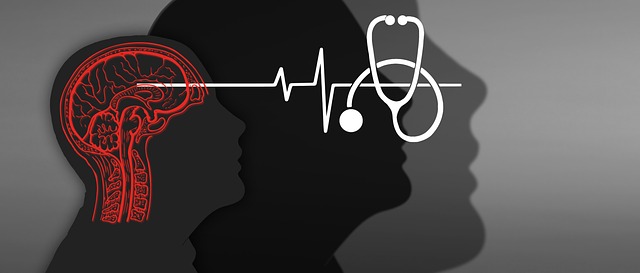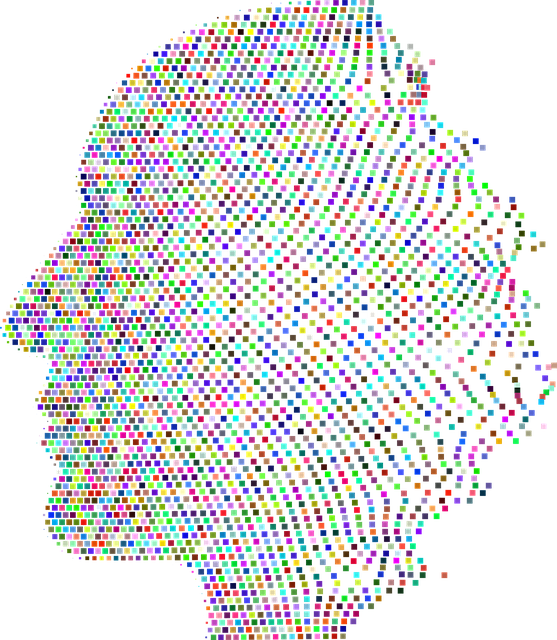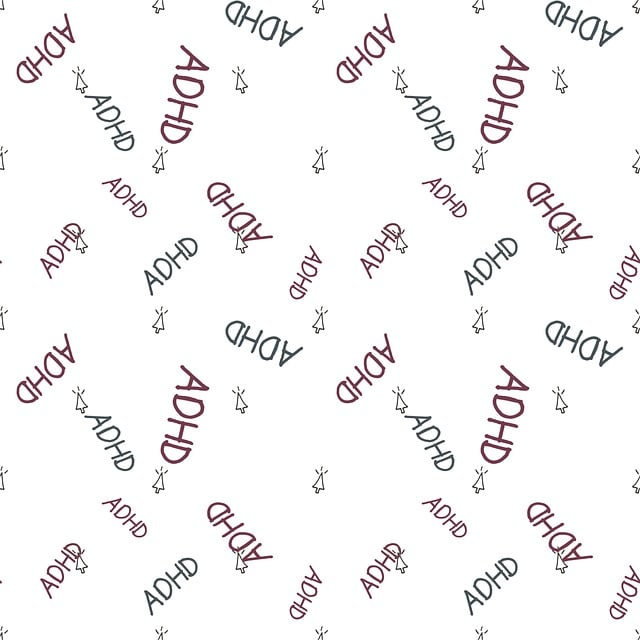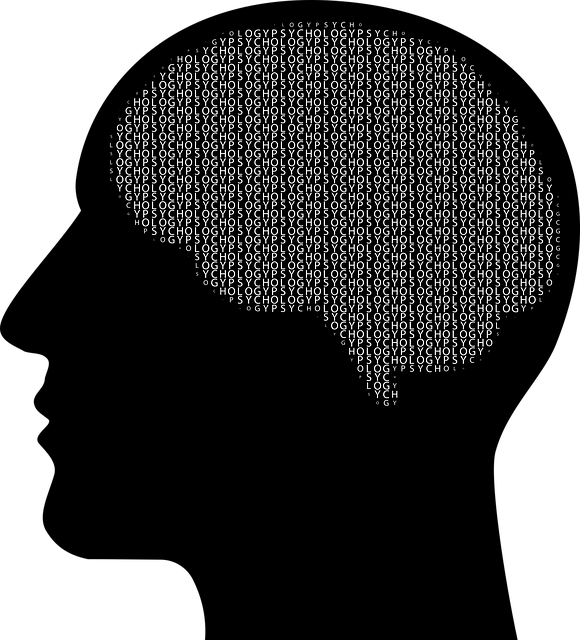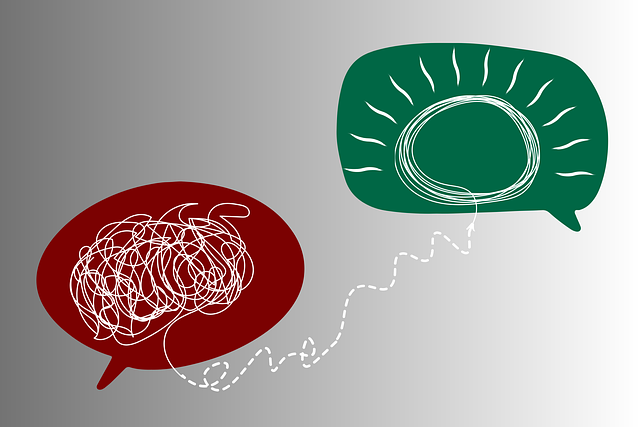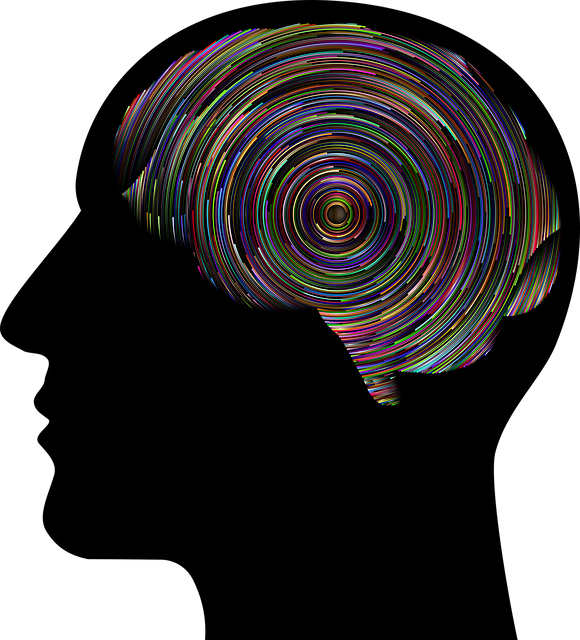Louisville Geriatrics Therapy offers a specialized, holistic approach to mental wellness coaching for seniors, addressing unique age-related challenges. Their strategy combines communication strategies adapted to senior needs, evidence-based practices like Emotional Intelligence training, and virtual platforms for accessible support. Success is measured through KPIs including reduced symptoms of anxiety and depression, improved daily functioning, and broader impacts like crisis intervention and decreased healthcare utilization.
Louisville Geriatrics Therapy (LGT) offers a powerful framework for developing mental wellness coaching programs, addressing the growing need for accessible support. This article explores strategies for creating targeted interventions tailored to specific populations within the LGT context. We delve into effective coaching techniques, the integration of technology through virtual platforms, and robust evaluation methods to measure success. By combining evidence-based practices with innovative tools, these programs can significantly enhance mental wellness outcomes for diverse individuals.
- Understanding Louisville Geriatrics Therapy: A Foundation for Mental Wellness Coaching
- Identifying Target Populations and Needs for Coaching Programs
- Designing Effective Mental Wellness Coaching Interventions
- Implementing Technology in Coaching: Virtual Platforms and Tools
- Measuring Success and Impact: Evaluation Metrics for Louisville Geriatrics Therapy Coaching Programs
Understanding Louisville Geriatrics Therapy: A Foundation for Mental Wellness Coaching

Louisville Geriatrics Therapy serves as a robust foundation for Mental Wellness Coaching, especially when tailored to meet the unique needs of the elderly population. This therapeutic approach focuses on addressing the mental health challenges prevalent among older adults, many of which are often overlooked or misdiagnosed. By understanding the complexities of aging minds and bodies, coaches can develop strategies that promote emotional regulation and enhance overall emotional well-being.
The essence of Louisville Geriatrics Therapy lies in its holistic view, acknowledging the intricate interplay between physical health, cognitive function, and mental wellness. Coaches can leverage this knowledge to design coaching programs that incorporate effective communication strategies, tailored to the changing communication needs of seniors. Through these techniques, coaches foster open dialogue, enabling individuals to express their feelings and concerns more effectively. This, in turn, paves the way for successful emotional regulation and the adoption of positive emotional well-being promotion techniques.
Identifying Target Populations and Needs for Coaching Programs

Identifying target populations is a crucial step in developing effective mental wellness coaching programs. In cities like Louisville, with its diverse demographic makeup, tailoring interventions to specific groups is essential. For instance, geriatric populations face unique challenges related to age-related cognitive decline and social isolation, making Louisville Geriatrics Therapy a key consideration for coaches. Understanding the needs of these individuals requires assessing their mental health concerns, such as depression or anxiety, and tailoring coaching strategies accordingly.
Community outreach programs can play a significant role in reaching at-risk groups. Through partnerships with local organizations, schools, and community centers, coaches can implement initiatives aimed at reducing the stigma associated with mental illness. Encouraging open conversations and providing resources for self-care, such as Mental Wellness Journaling Exercise Guidance, can empower individuals to take charge of their mental health. This proactive approach ensures that coaching programs address not only individual needs but also contribute to broader Mental Illness Stigma Reduction Efforts within the community.
Designing Effective Mental Wellness Coaching Interventions

Designing effective mental wellness coaching interventions requires a holistic approach tailored to individual needs. Coaches in Louisville Geriatrics Therapy can facilitate this by incorporating evidence-based practices such as Emotional Intelligence (EI) training, which equips individuals with skills to recognize and manage their emotions effectively. This is particularly crucial for older adults dealing with cognitive changes or chronic conditions that may impact mental health.
Additionally, integrating Mental Wellness Journaling Exercise Guidance into coaching sessions can empower clients to reflect on their thoughts and feelings, fostering self-awareness. By combining EI development with journaling exercises, coaches enable better mood management—a key component of overall mental wellness. Such personalized interventions not only enhance the coach-client relationship but also promote sustainable well-being for a diverse range of individuals seeking support in Louisville.
Implementing Technology in Coaching: Virtual Platforms and Tools

In today’s digital era, implementing technology in coaching has become a game-changer, particularly for mental wellness programs. Virtual platforms and tools are transforming how Louisville Geriatrics Therapy offers support to its clients, making therapy more accessible and efficient. Online sessions via video conferencing enable individuals to receive coaching from the comfort of their homes, breaking down geographical barriers.
This shift towards digital solutions has also introduced a range of innovative tools. From stress management workshops organized virtually to burnout prevention apps, these platforms offer personalized resources and activities. Such technology-driven approaches cater to diverse learning styles and preferences, ensuring individuals can access tailored support for their mental wellness development at their own pace.
Measuring Success and Impact: Evaluation Metrics for Louisville Geriatrics Therapy Coaching Programs

Measuring the success and impact of Louisville Geriatrics Therapy coaching programs is paramount to understanding their effectiveness in enhancing mental wellness among the elderly population. Evaluation metrics should go beyond simple participant satisfaction surveys, delving into quantifiable outcomes that reflect improved quality of life. Key performance indicators (KPIs) could include reductions in symptoms of anxiety and depression, as assessed by standardized tools like the Geriatric Depression Scale. Furthermore, tracking improvements in daily functioning and social engagement can provide a holistic view of the program’s impact on participants’ lives.
Beyond these traditional metrics, considering broader impacts such as burnout prevention and crisis intervention guidance is essential. Decreases in healthcare utilization rates, instances of emergency room visits or hospitalizations related to mental health crises, and improved self-management skills for dealing with chronic conditions could all serve as indicators of successful Louisville Geriatrics Therapy coaching programs. Ultimately, these evaluation metrics should aim to showcase the long-term benefits of the coaching initiatives in fostering resilience and enhancing overall mental wellness among Louisville’s geriatric population.
Louisville Geriatrics Therapy coaching programs have evolved to address a growing need for mental wellness support. By understanding the foundation of geriatric therapy, identifying specific population needs, and employing evidence-based interventions, these programs can significantly enhance individuals’ lives. Integrating technology through virtual platforms and tools expands access and effectiveness, while evaluation metrics ensure continuous improvement. Moving forward, Louisville Geriatrics Therapy coaching continues to serve as a powerful resource, revolutionizing mental wellness support for diverse communities.






